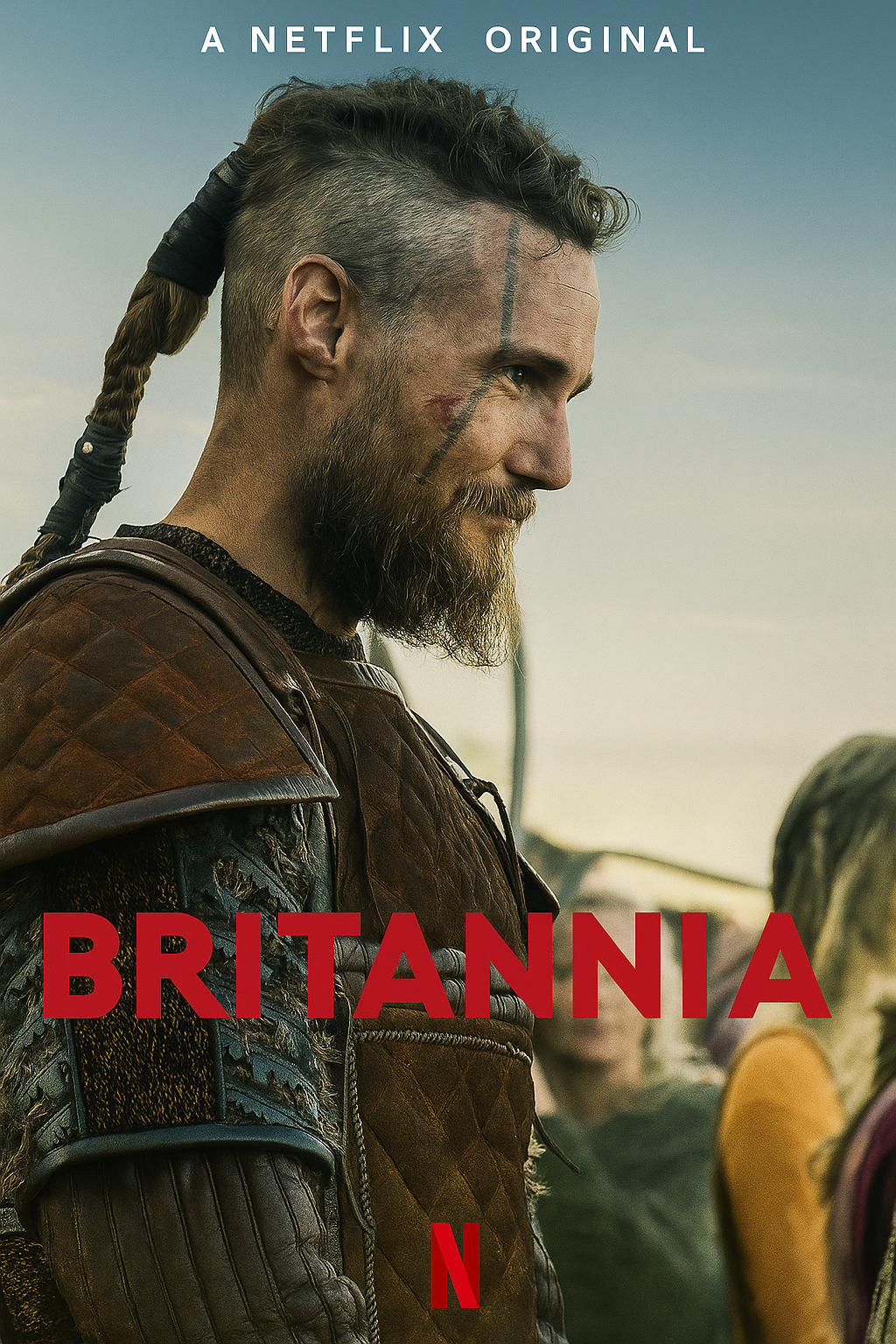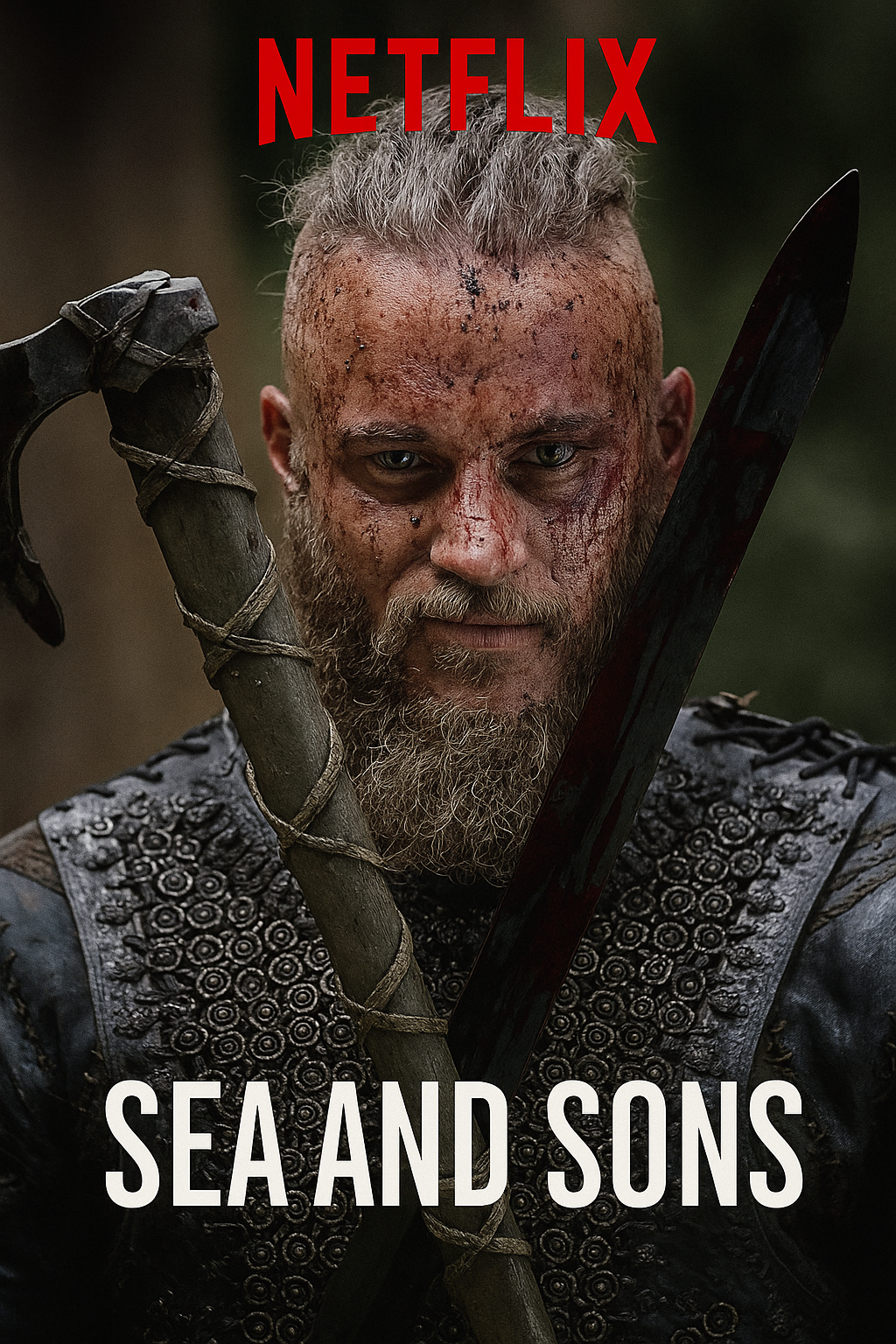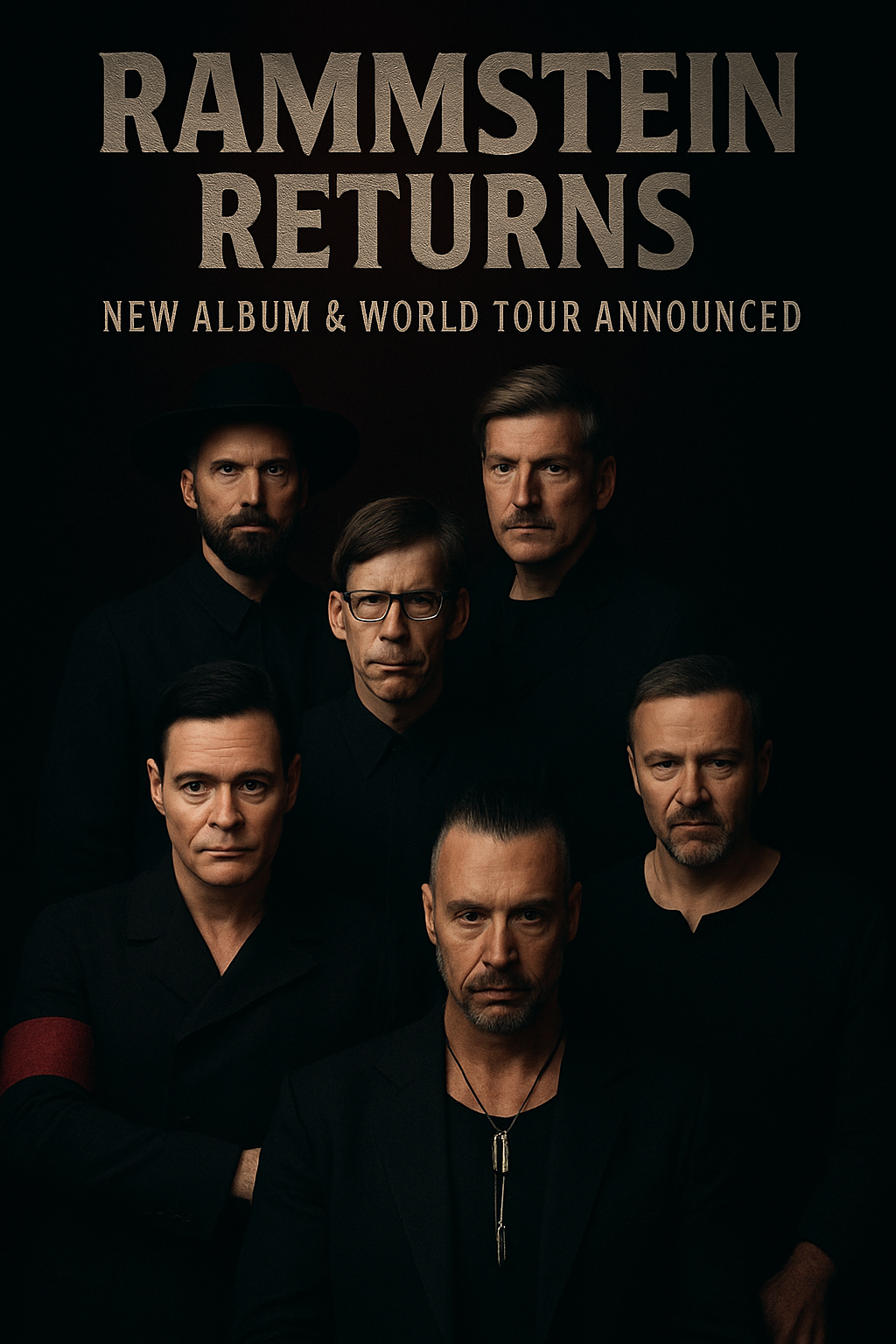The world of historical fantasy television has always had a unique charm, blending myth, history, and drama into compelling narratives. Netflix’s Britannia enters this arena with boldness, crafting a vivid depiction of an ancient time where warriors, druids, and invaders collide. From its very first moments, the series pulls viewers into a realm of mysticism and brutality, offering a visual feast filled with gritty realism and mythical undertones.
The show is set during the Roman invasion of Britain, a period both mysterious and transformative in history. Instead of focusing solely on the political or military aspects, Britannia layers in elements of folklore and supernatural intrigue. This combination ensures that it does not simply retell history, but reimagines it with flair. The Romans are depicted as both conquerors and outsiders struggling to understand the deep-rooted spiritual traditions of the land they are attempting to claim.
One of the most striking aspects of the series is its visual style. From the rugged landscapes to the elaborate costumes, every frame feels meticulously designed to immerse the audience in another world. The warriors, painted with tattoos and clad in leather and iron, stand as symbols of both defiance and tradition. The druids, with their cryptic rituals, lend the story an otherworldly atmosphere that blurs the line between reality and myth.
Character development is central to Britannia, and the series doesn’t shy away from exploring flawed, conflicted individuals. The warriors are not just fighters but men and women shaped by destiny, trauma, and loyalty. The druids, enigmatic and manipulative, test the resolve of those around them, guiding or misleading in equal measure. Even the Romans, who could have easily been cast as simple antagonists, are given complexity, allowing the audience to glimpse the humanity behind the invaders’ armor.
The pacing of the show balances action and intrigue. Battles are choreographed with raw intensity, showing the harsh reality of close combat. Yet in between the clashing of swords, quieter scenes of political maneuvering and spiritual visions provide depth. This ebb and flow ensures that the narrative never becomes monotonous but instead keeps viewers on edge, wondering what force—mortal or mystical—will dominate next.
A notable strength of Britannia lies in its exploration of belief systems. The series emphasizes the power of faith, whether in the gods of the druids or the might of Rome’s empire. Characters often find themselves caught between logic and prophecy, struggling to decide whether to trust human strategy or divine guidance. This theme resonates beyond the setting, as it reflects timeless questions about destiny, control, and the unseen forces that shape our lives.
The soundtrack and cinematography further amplify the immersive quality of the series. Atmospheric music underscores both the grand battles and the eerie silences of the sacred groves. The use of natural light and the stark contrast of fire and shadow highlight the brutality and beauty of the world portrayed. Combined, these artistic choices ensure that the series is not just watched but felt on a visceral level.
As a Netflix original, Britannia also reflects the platform’s growing investment in ambitious, genre-spanning projects. It offers a unique alternative to more conventional period dramas, leaning into the surreal and the strange without hesitation. This willingness to embrace risk allows it to stand apart in an increasingly crowded field of historical epics and fantasy sagas.
The cast delivers performances that elevate the material, breathing life into characters who might otherwise have been archetypes. Warriors radiate stoic intensity, druids exude unsettling charisma, and Roman commanders balance ruthlessness with vulnerability. Each portrayal contributes to the sense that these are not simply figures in a story but living, breathing participants in a struggle for identity and survival.
The official release of Britannia on Netflix brought a surge of attention to the series. On September 10, 2025, the platform highlighted the show’s striking visuals and enigmatic storytelling, positioning it as one of the season’s boldest releases. Fans of historical drama and fantasy alike were quick to embrace the series, praising its fearless blend of grit and mysticism.
Beyond its entertainment value, the show invites reflection on themes of colonization, resistance, and cultural preservation. The Romans’ clash with the native tribes becomes a metaphor for the broader struggles faced by civilizations throughout history. This layering of historical allegory and fantastical embellishment ensures the narrative resonates on multiple levels, making it not only thrilling but also thought-provoking.
Ultimately, Britannia is not just another addition to the streaming catalog but a daring reimagining of a pivotal historical moment. By intertwining myth with history, it creates a tapestry that feels both timeless and contemporary. For viewers seeking a journey into a world where swords clash, prophecies echo, and the boundaries between the real and the supernatural blur, this series offers an unforgettable ride.
In the end, Britannia succeeds in reminding us why stories of the past, even when retold through a fantastical lens, continue to captivate. They provide not only entertainment but also a mirror through which we can examine our own struggles with power, faith, and identity. Netflix’s vision of this ancient world stands as a bold testament to the enduring appeal of myth and history combined.



